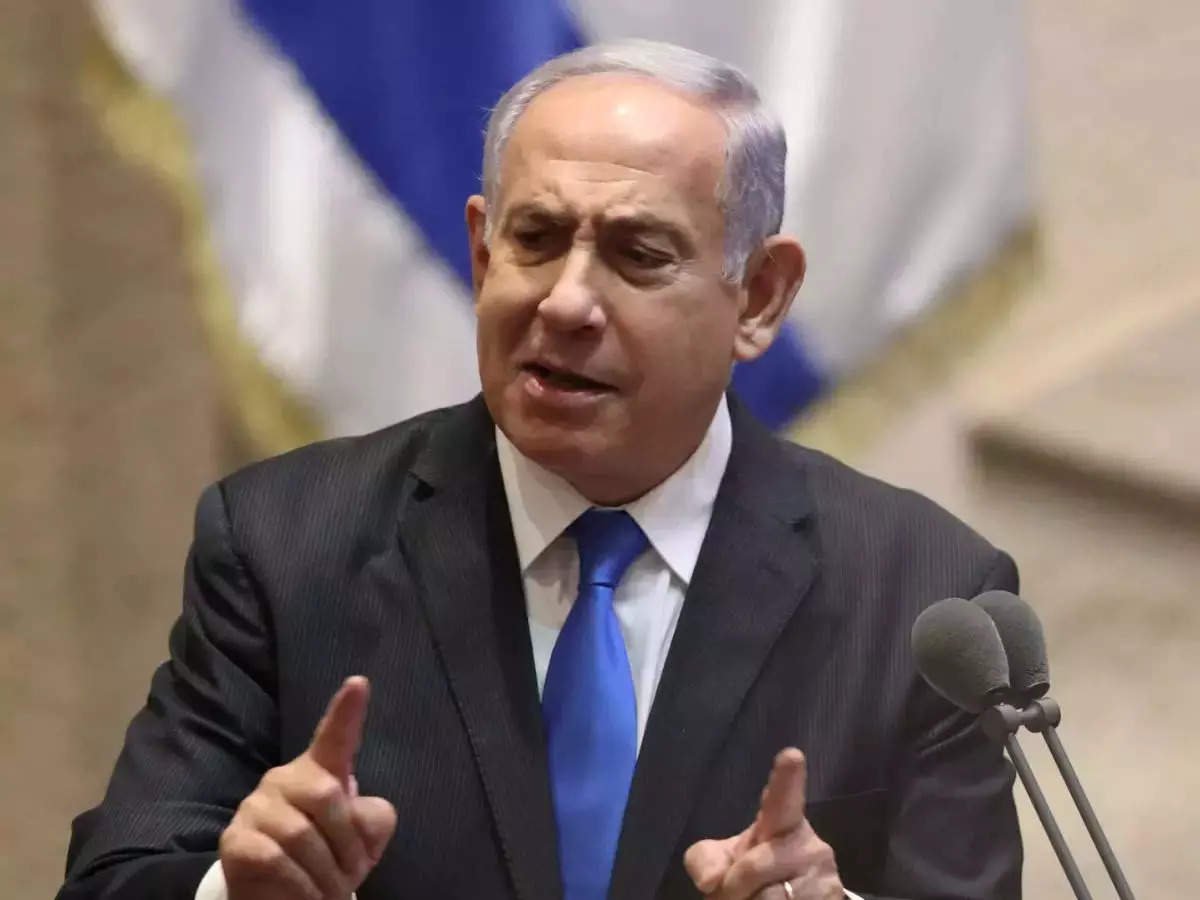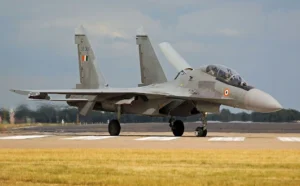Talks resumed on Sunday in Qatar at the specialist level, Egypt’s state-run Al Qahera TV reported, citing an Egyptian official as saying further discussions would follow in Cairo with the aim of achieving the cease-fire and release.
Meanwhile, Israel is developing plans for expanding its offensive against the Hamas militant group to Rafah on the Gaza-Egypt border, where more than half the besieged territory’s population of 2.3 million have sought refuge.
Humanitarian groups warn of a catastrophe, with Rafah the main entry point for aid, and the US and other allies have said Israel must avoid harming civilians.
Netanyahu has said he’ll convene the Cabinet this week to approve operational plans for action in Rafah, including the evacuation of civilians.
“Once we begin the Rafah operation, the intense phase of the fighting is weeks away from completion. Not months,” Netanyahu told CBS. “If we don’t have a deal, we’ll do it anyway. It has to be done because total victory is our goal and total victory is within reach.” He said that four of the six remaining Hamas battalions are concentrated in Rafah. US national security adviser Jake Sullivan told NBC that President Joe Biden hadn’t been briefed on the Rafah plan and said, “We believe that this operation should not go forward until or unless we see (a plan to protect civilians).”
Heavy fighting continued in parts of northern Gaza, the first target of the offensive, where the destruction is staggering. Residents have reported days of heavy fighting in the Zaytoun neighbourhood of Gaza City.
“We’re trapped, unable to move because of the heavy bombardment,” resident Ayman Abu Awad said.
He said starving residents have been forced to eat animal fodder and search for food in demolished buildings. Northern Gaza has been largely cut off from aid, and the UN’s World Food Programme suspended deliveries last week.
DETAILS OF THE PROPOSED DEAL
A senior official from Egypt, which along with Qatar is a mediator between Israel and Hamas, has said the draft cease-fire deal includes the release of up to 40 women and older hostages in return for up to 300 Palestinian prisoners, mostly women, minors and older people.
The official, speaking on condition of anonymity to discuss the negotiations, said the proposed six-week pause in fighting would include allowing hundreds of trucks to bring desperately needed aid into Gaza every day, including the north.
He said both sides agreed to continue negotiations during the pause for further releases and a permanent cease-fire.
Negotiators face an unofficial deadline of the start of the Muslim holy month of Ramadan around March 10, a period that often sees heightened Israeli-Palestinian tensions.
Hamas says it has not been involved in the latest proposal developed by the United States, Egypt and Qatar, but the reported outline largely matches its earlier proposal for the first phase of a truce.
Hamas has said it won’t release all of the remaining hostages until Israel ends its offensive and withdraws its forces from the territory, and is demanding the release of hundreds of Palestinian prisoners, including senior militants – conditions Netanyahu has rejected.
ANGUISHED WAIT FOR HOSTAGES’ FAMILIES
Israel declared war after the Oct. 7 Hamas attack on southern Israel in which militants killed about 1,200 people, mostly civilians, and took around 250 hostages. More than 100 hostages were released in a cease-fire deal in November. More than 130 remain in captivity, a fourth of them believed to be dead.
Families have followed the negotiations with hope and anguish.
“It feels like Schindler’s list. Will he be on the list or not?” Shelly Shem Tov, the mother of Omer, 21, told Israeli Army Radio of his chances of being freed.
Israel responded to the October 7 attack with a air and ground offensive that has driven around 80 per cent of Gaza’s population from their homes, putting hundreds of thousands at risk of starvation and the spread of disease.
The Health Ministry in Hamas-ruled Gaza says 29,692 Palestinians have been killed in the war, two-thirds of them women and children.
The ministry’s death toll doesn’t distinguish between civilians and combatants. Israel says its troops have killed more than 10,000 militants, without providing evidence.
NEWBORNS DYING IN RAFAH
The war has devastated Gaza’s health sector. Less than half of hospitals even partially function.
At the Emirates Hospital in Rafah, three to four newborns are placed in each of its 20 incubators, which are designed for just one.
Dr. Amal Ismail said two to three newborns die in a single shift, in part because many families live in tents in rainy, cold weather. Before the war, one or two newborns in incubators there died per month.
“No matter how much we work with them, it is all wasted,” she said. “Health conditions in tents are very bad.”
(You can now subscribe to our Economic Times WhatsApp channel)








